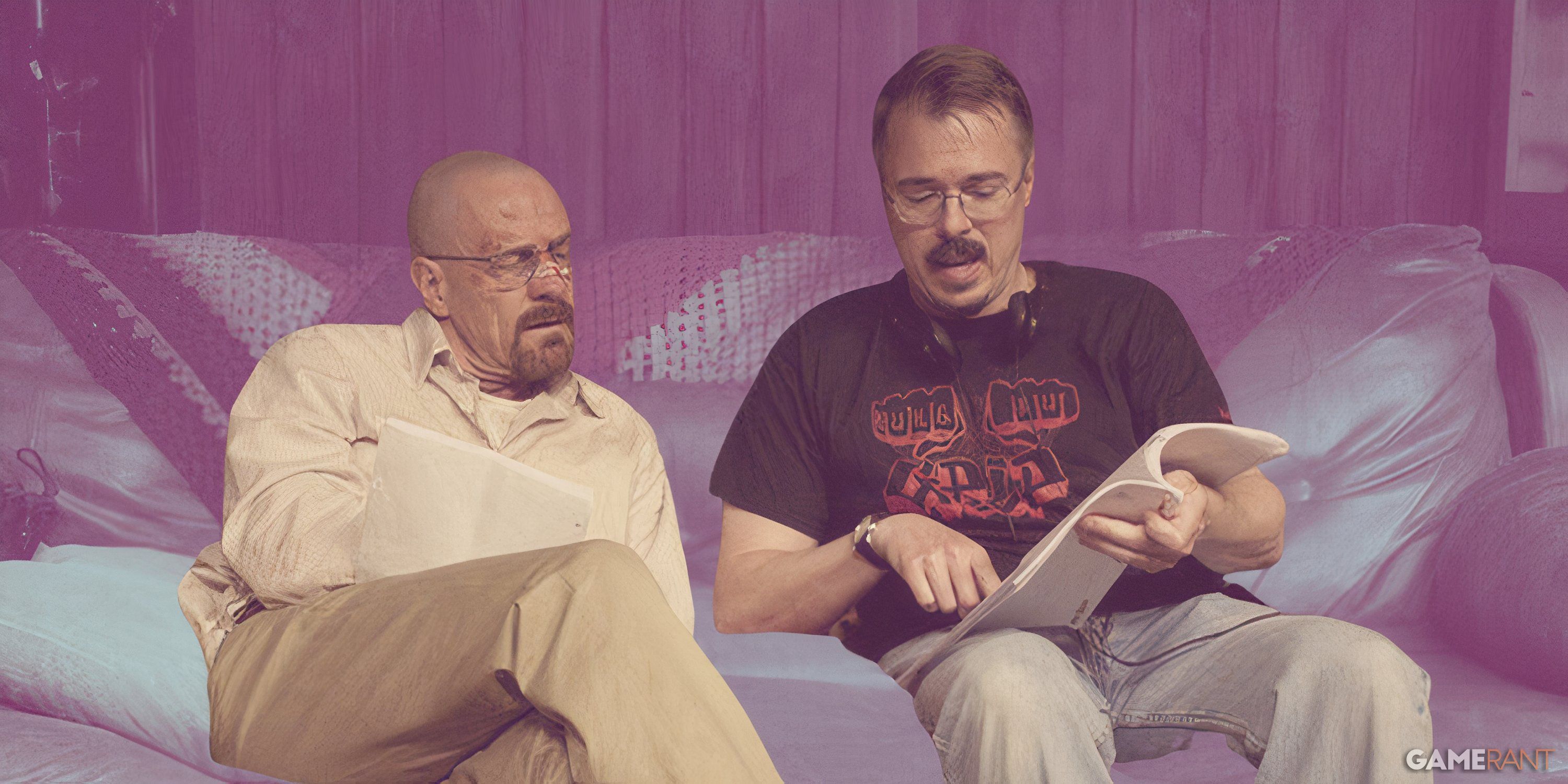
Summary
- Villain idolization in media encourages negative behavior.
- Breaking Bad creator Vince Gilligan advocates for more positive protagonists.
- Cautionary tales like Breaking Bad are misinterpreted as role models.
In an age where morally questionable characters and anti-hero narratives rule the screen, Breaking Bad‘s creator Vince Gilligan has brought up a thought-provoking point: Are villain tales becoming excessively inspirational? With more and more TV shows and films focusing on intricate antagonists, many viewers have found themselves idolizing these characters instead of viewing them as warnings. This concern was voiced by the Breaking Bad creator during his acceptance speech at the Writers Guild Awards. At a time when society is struggling to address the growing acceptance of harmful behavior, both online and offline, Gilligan contends that storytelling has made villains too appealing, causing audiences to admire individuals who should serve as cautionary examples rather than role models.
Gilligan’s statement, “I say we write more good guys,” is a request for writers to reflect on the types of characters they portray positively. He observes that characters initially depicted as villains, such as Darth Vader and Hannibal Lecter, have gained cultural significance, with viewers frequently rooting for them despite their harmful actions. This phenomenon suggests a concerning trend where fiction might inadvertently inspire aggressive or antagonistic behavior in reality. In today’s media-driven world, Gilligan’s words hold considerable influence and provoke thought about the impact of storytelling on society.
Breaking Bad Wasn’t Supposed To Be An Instruction Manual
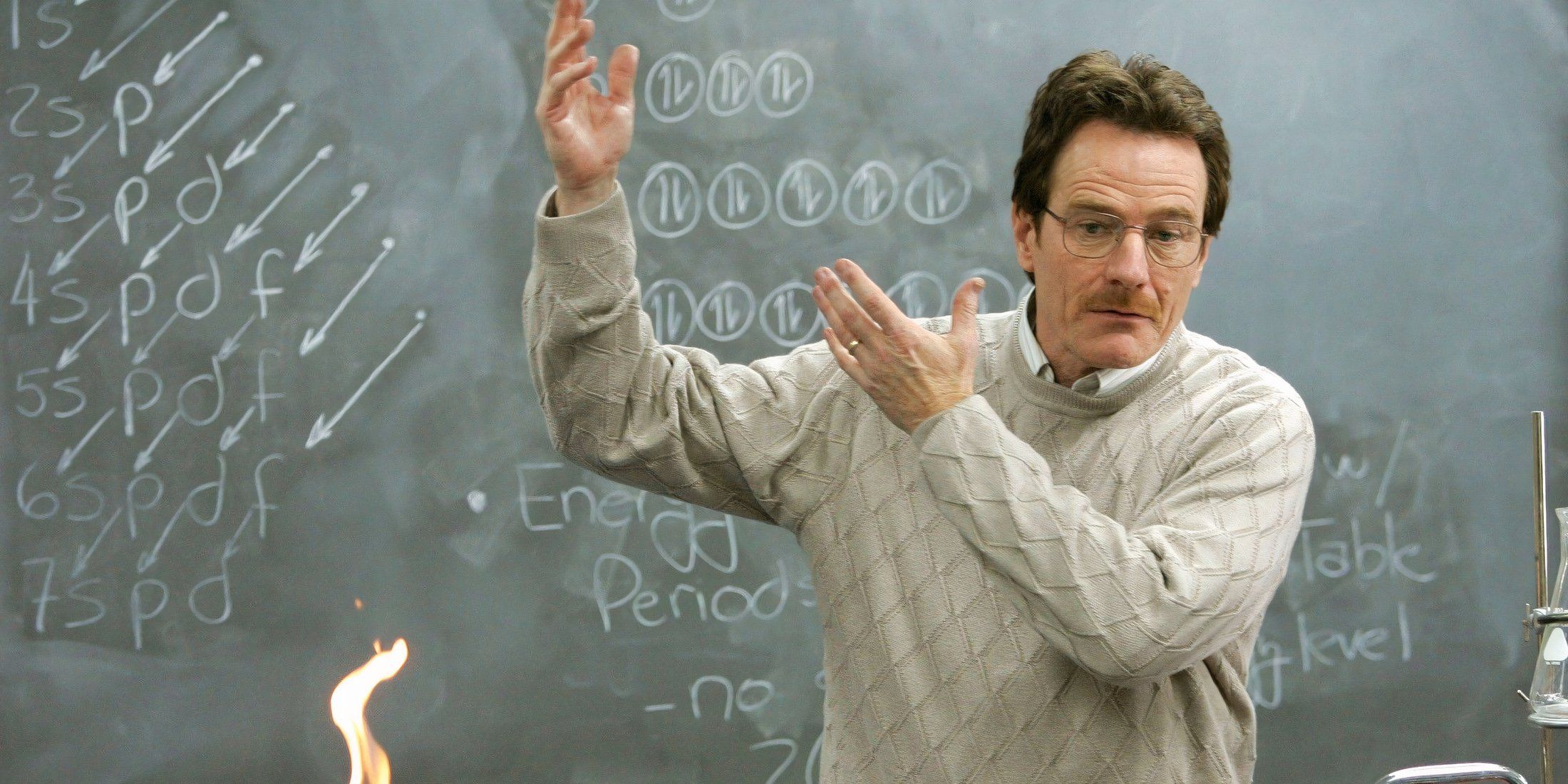
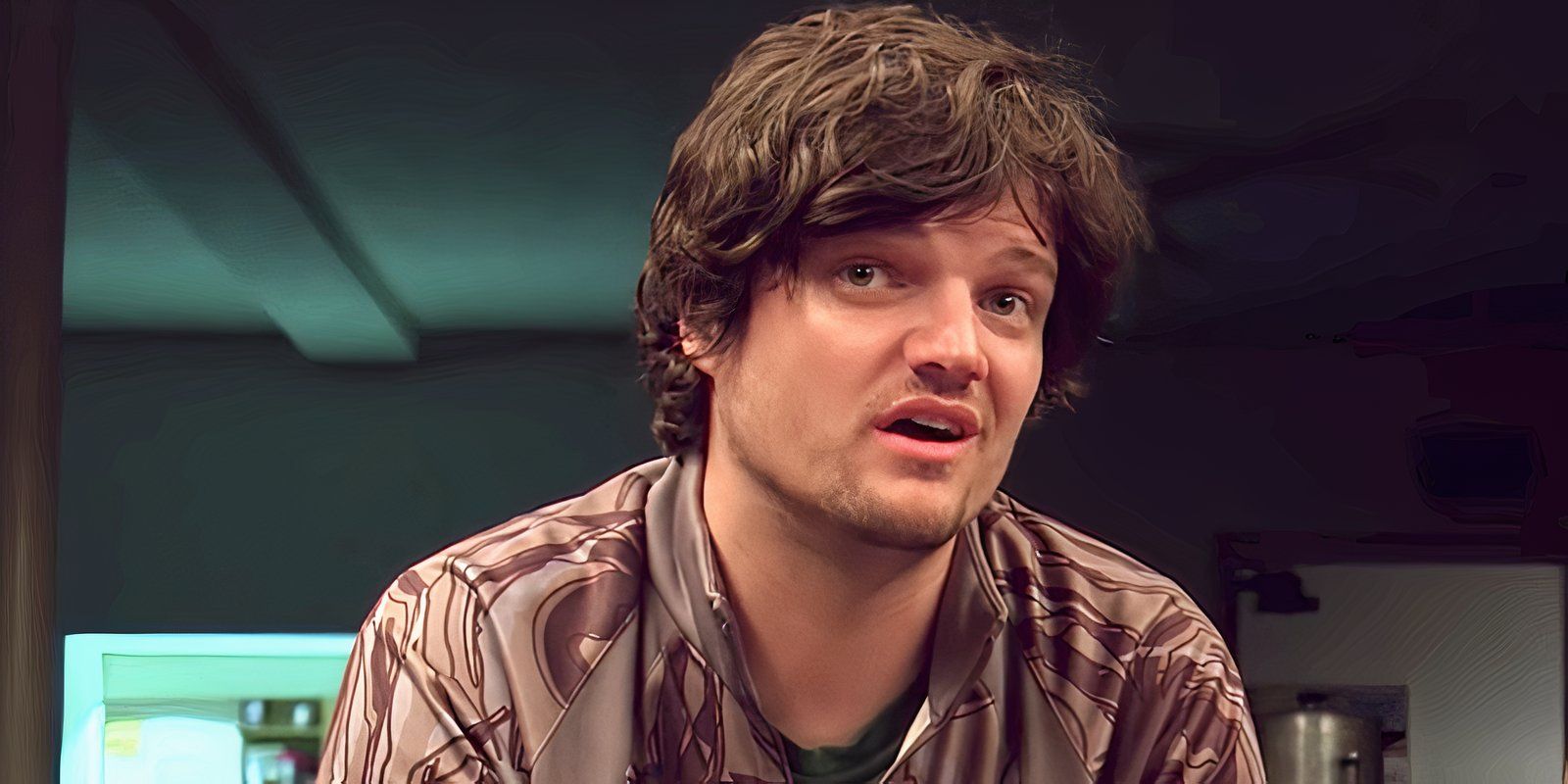
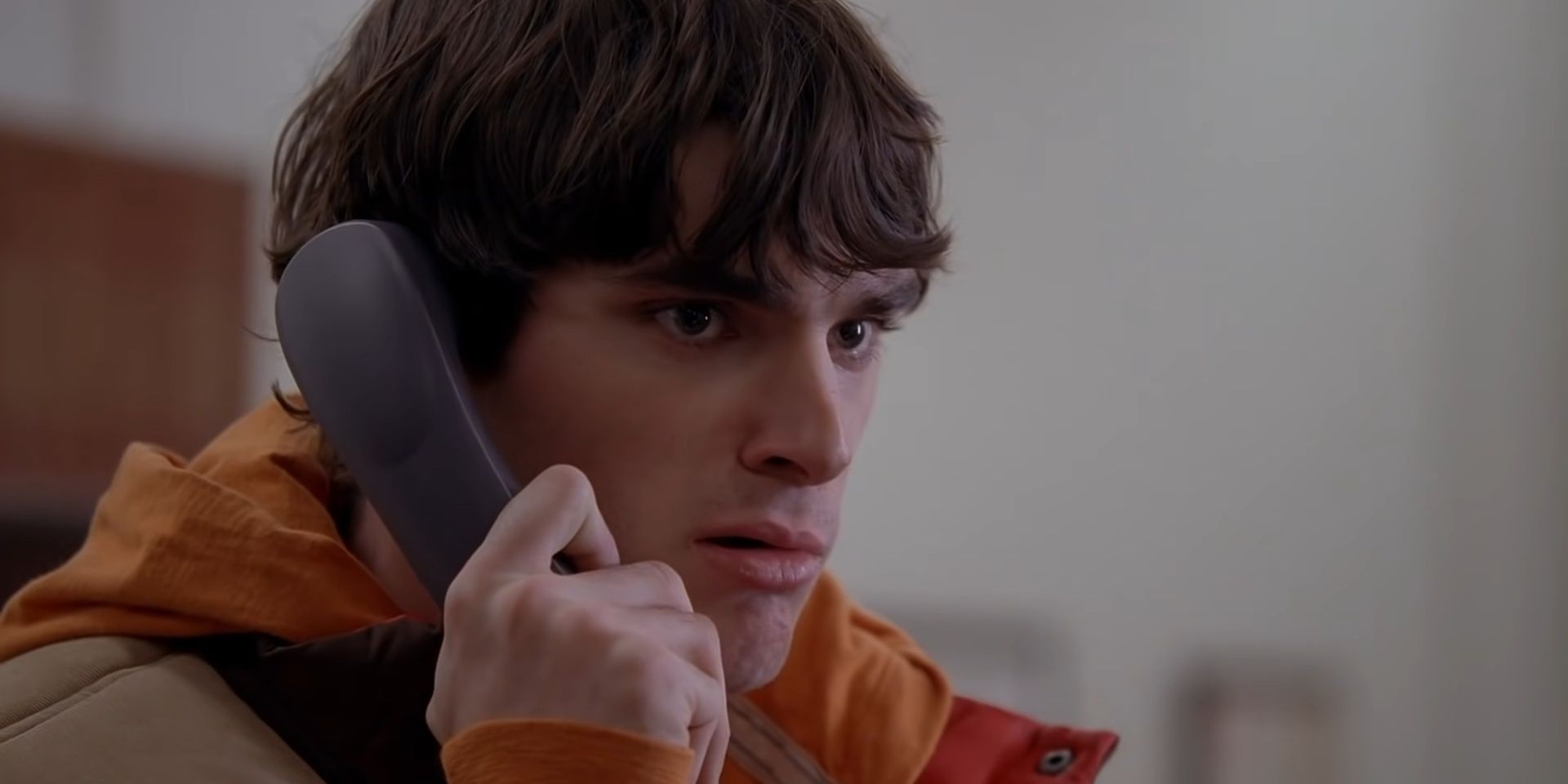
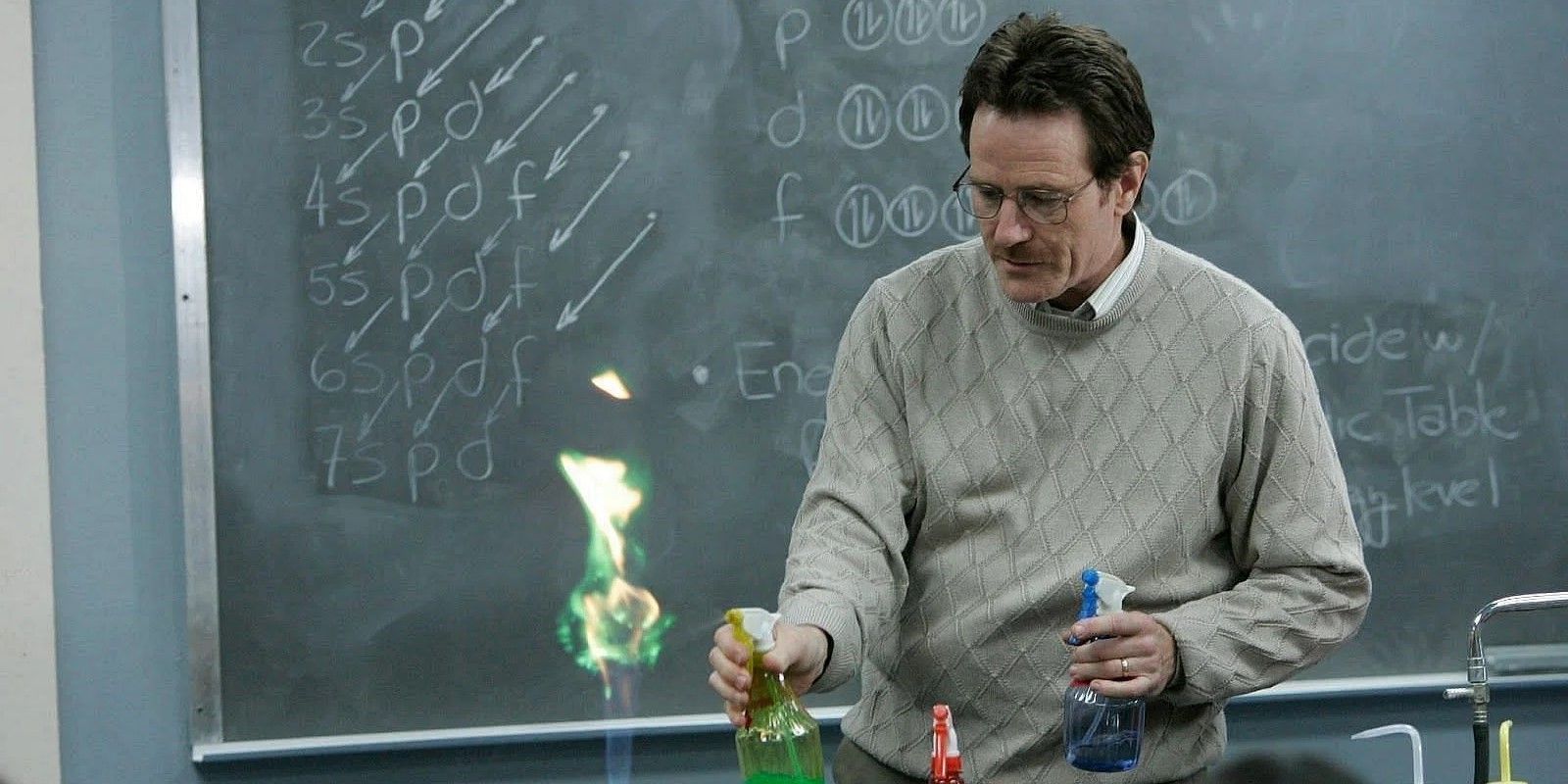
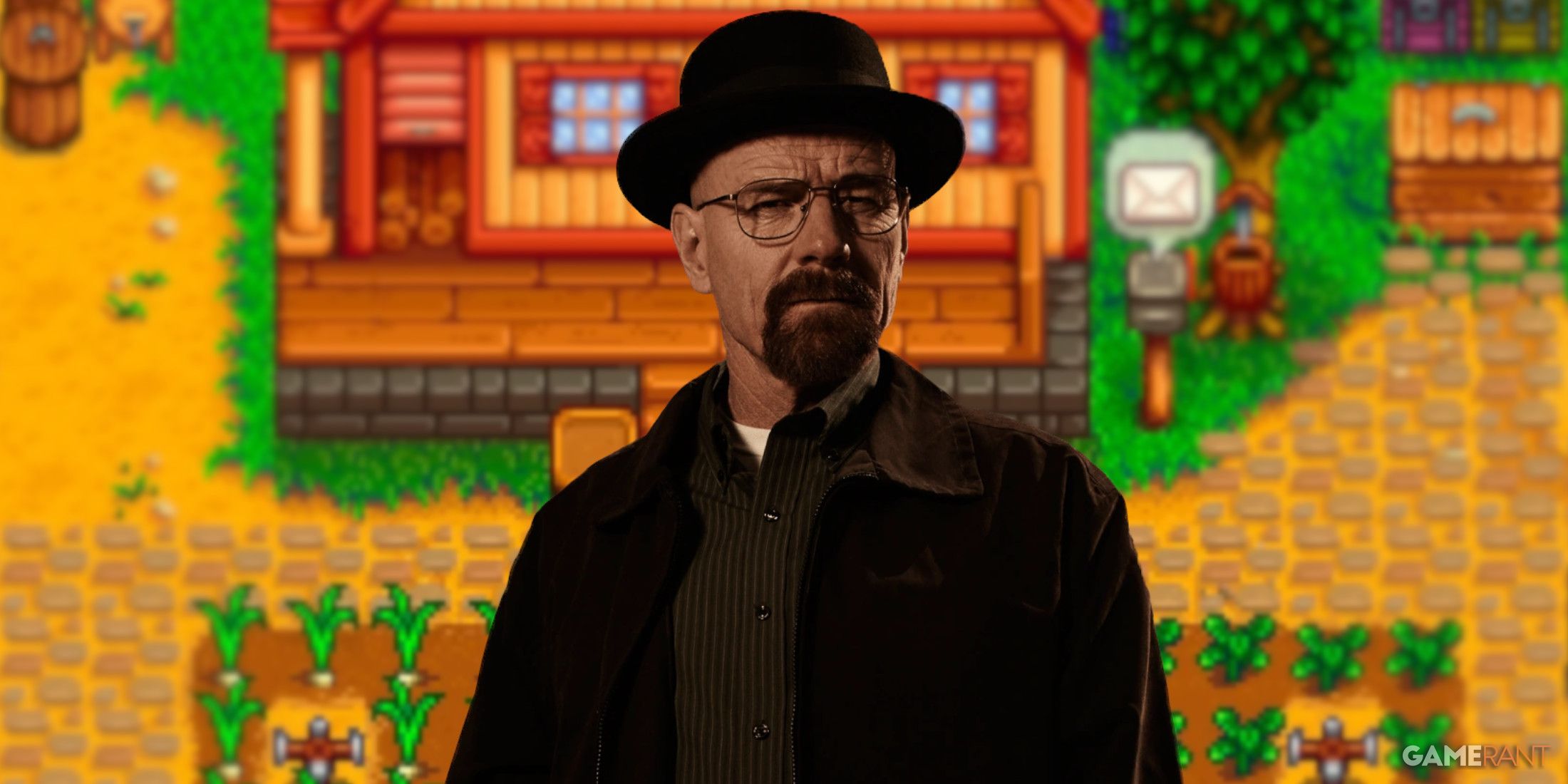
In the realm of captivating anti-heroes, one standout instance of admiration for villainous traits can be traced back to the TV series, “Breaking Bad.” The narrative revolves around Walter White, a teacher grappling with financial struggles who turns to cooking meth to secure his family’s future upon receiving a cancer diagnosis. Over five seasons, this character morphs into a merciless drug kingpin, ruthlessly disposing of any obstacles in his path. Despite his transformation into a criminal, manipulator, and murderer, many viewers admired him as a genius and an emblem of strength and empowerment.
Initially, Gilligan didn’t mean for this reaction to happen. Instead, he created Walter White’s storyline as a warning about the pitfalls of excessive ambition and ethical corruption. However, some viewers saw Walter not as a destructive force, but as a misinterpreted hero due to his intelligence and skillset. This trend points to a larger issue in entertainment: When characters are portrayed as charming or capable, audiences might overlook their moral flaws and instead idealize them.
From a movie-loving perspective, I’ve noticed an intriguing pattern: When characters are portrayed as charming or skilled, viewers might disregard their questionable morals and instead idealize them as role models to aspire towards.
It’s troubling that some might view the series “Breaking Bad” as a guide instead of a cautionary tale. This change in interpretation is not exclusive to “Breaking Bad,” though. Characters like Tony Montana from “Scarface” and Patrick Bateman from “American Psycho,” who are often seen as icons rather than warnings, illustrate this trend. This highlights the potential dangers when stories about villains lack clear ethical guidance.
Vince Gilligan Going In Another Direction
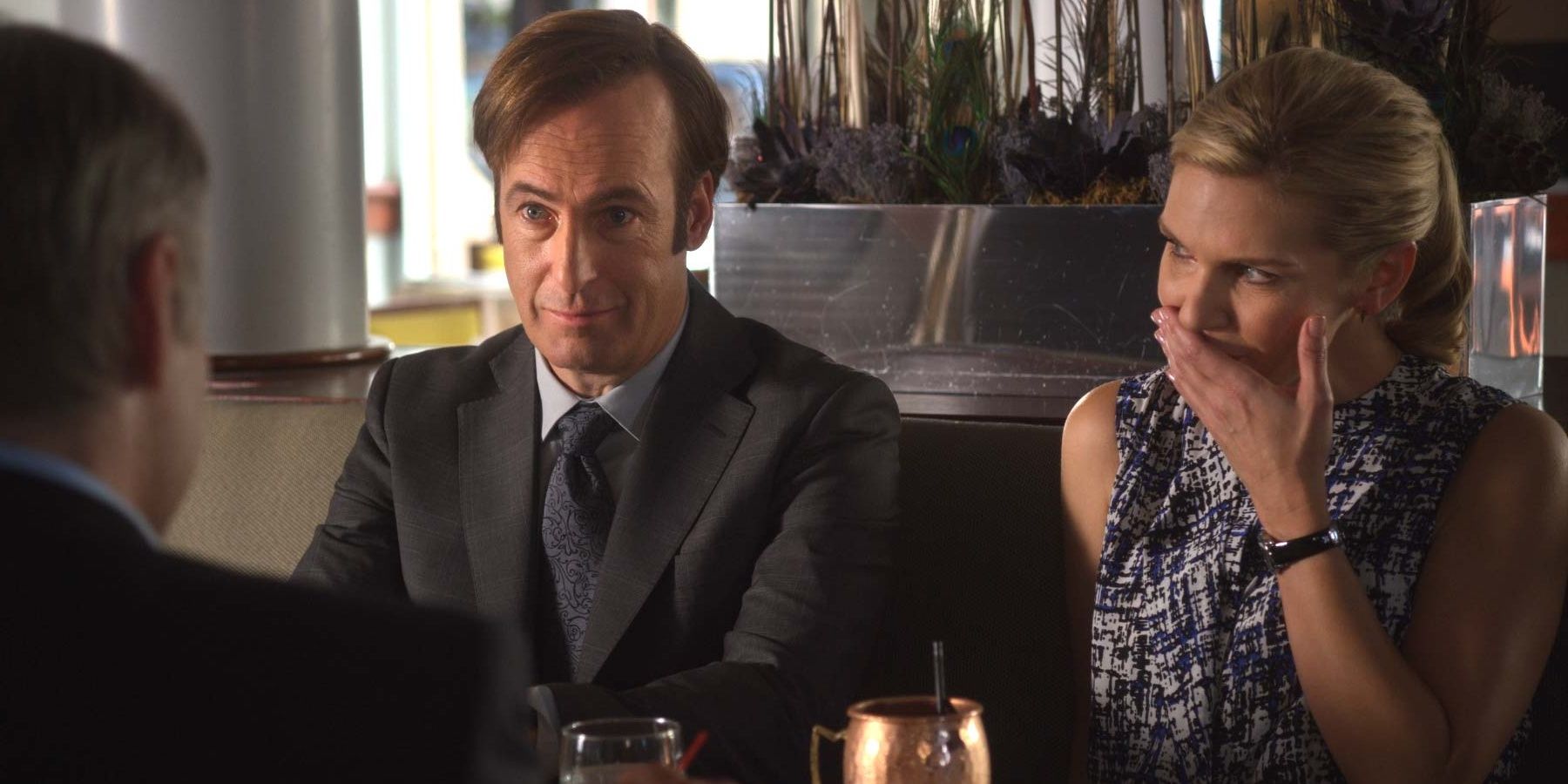
Acknowledging the influence of stories featuring anti-heroes, Gilligan has revealed his upcoming project will adopt a new strategy. Instead of continuing with morally ambiguous figures, he intends to concentrate on protagonists who exemplify good values, aiming to counterbalance the prevalence of such characters in current storytelling. Although anti-heroes have their merits within fiction, Gilligan advocates for a more equal representation between them and characters that instill positivity.
Gilligan’s decision illustrates a deepening understanding of how narratives significantly impact societal values. Frequent exposure to tales where ruthless actions lead to success can subtly mold people’s perspectives on achievement and power. If the captivating characters are those who deceive, cheat, and manipulate for personal gain, then real-life attitudes might start to embody such ideologies over time.
Too Many People Think Being Bad Is Good
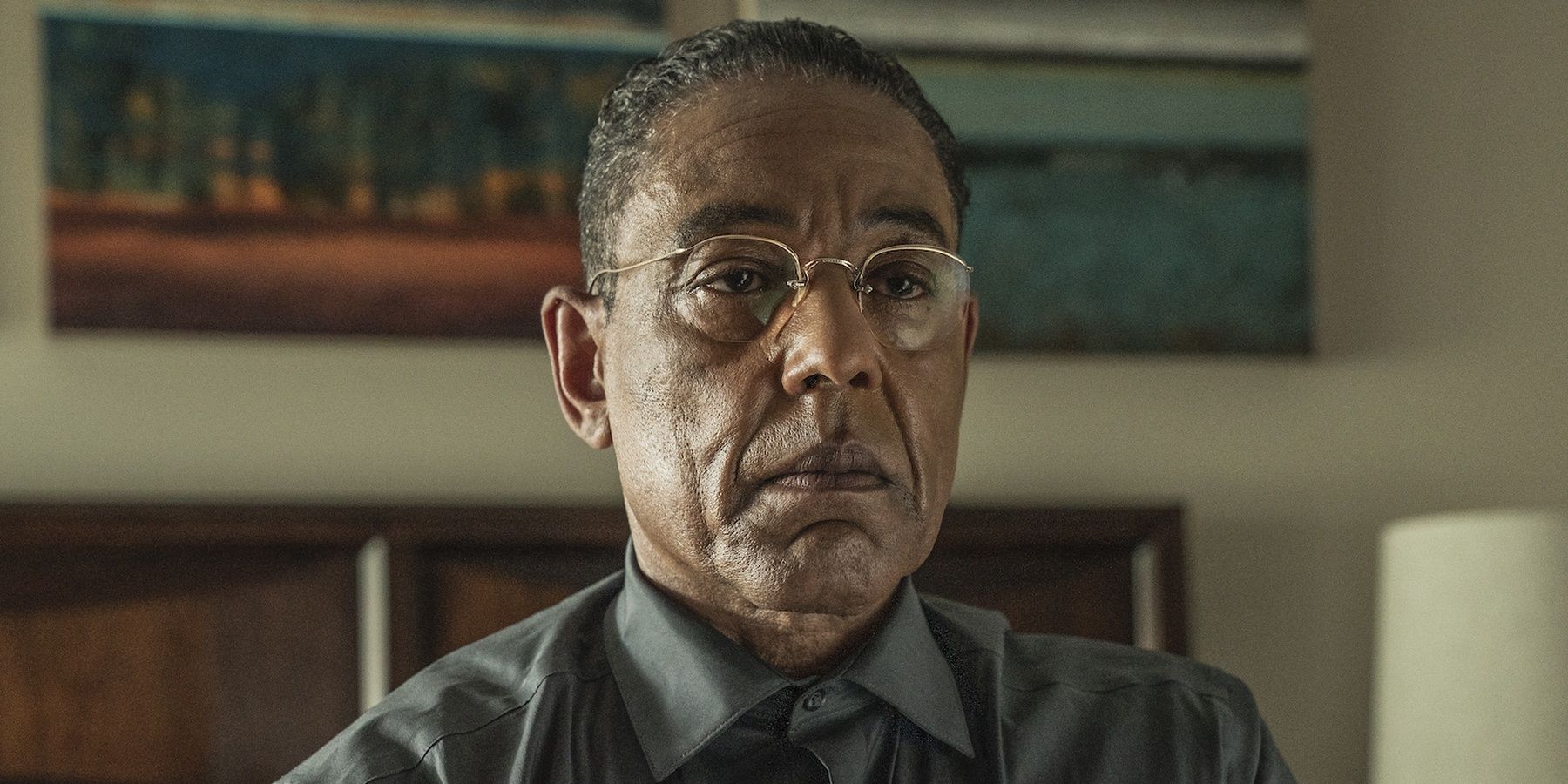
Over the past few years, I’ve found it troubling how aggressive behavior has been glorified – not just in stories we read but in our daily interactions. Be it on social platforms or in political discussions, the notion of being ‘unapologetically bad’ or unyielding has become appealing to a significant number of people. This trend seems to indicate a concerning shift where harshness is seen as a symbol of power, and empathy as a sign of vulnerability.
To put it simply, the internet has become a nurturing environment for hostile actions. Trolls, social media influencers with negative mindsets, and public figures who feed off conflicts have amassed large fanbases. Some of these personalities draw inspiration from fictional anti-heroes, adopting behaviors that value self-interest over moral principles. This growing trend in behavior raises significant ethical concerns about how the consumption of media can influence real-life actions and attitudes.
When we start viewing villains as role models, it can skew our perception of what it means to achieve success and uphold morals. If the lessons gleaned from media suggest that might makes right or that power and triumph stem from ruthlessness, then it’s hardly shocking that ruthless and exploitative actions have become more commonplace. This trend doesn’t just apply to entertainment; it seeps into workplaces, politics, and daily interactions as well, where being cutthroat is sometimes celebrated instead of criticized.
Breaking Bad was never intended as a guidebook, but some fans’ interpretations show how stories can be misunderstood. When viewers start to admire villains instead of learning from their mistakes, it indicates that moral tales may not always be taken as originally intended. Gilligan’s creative method offers an intriguing path for the future – one where captivating storytelling need not promote destructive behavior. If more creators adopt this approach, we could witness a change in culture towards narratives that uplift instead of taint.
Read More
- Unlock the Magic: New Arcane Blind Box Collection from POP MART and Riot Games!
- Top 8 UFC 5 Perks Every Fighter Should Use
- How to Reach 80,000M in Dead Rails
- Unlock the Best Ending in Lost Records: Bloom & Rage by Calming Autumn’s Breakdown!
- How to Unlock the Mines in Cookie Run: Kingdom
- Unlock Roslit Bay’s Bestiary: Fisch Fishing Guide
- Unaware Atelier Master: New Trailer Reveals April 2025 Fantasy Adventure!
- Jujutsu Kaisen Shocker: The Real Reason Gojo Fell to Sukuna Revealed by Gege Akutami!
- REPO: How To Fix Client Timeout
- MHA’s Back: Horikoshi Drops New Chapter in ‘Ultra Age’ Fanbook – See What’s Inside!
2025-02-23 02:24